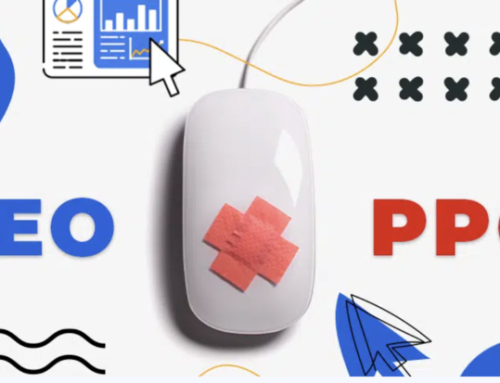In the ever-evolving landscape of Search Engine Optimization (SEO), backlinks remain a critical element in achieving higher search engine rankings and increased online visibility. Among the various types of backlinks, EDU backlinks are highly sought after for their perceived authority and trustworthiness. In this article, we will delve into the world of EDU backlinks, exploring their impact on SEO and providing strategies for acquiring these valuable links.
Understanding the Significance of EDU Backlinks
EDU backlinks are hyperlinks from websites with domains ending in “.edu,” which are typically associated with educational institutions such as universities, colleges, and academic organizations. These backlinks hold a special place in SEO due to several key reasons:
- High Authority: Educational institutions are widely regarded as authoritative and trustworthy sources of information. Backlinks from such domains are seen as a strong endorsement of your website’s credibility.
- Quality and Relevance: EDU websites often maintain high standards for content quality and relevance. When your website is linked from an educational source, it signifies that your content has met these stringent criteria.
- Improved Search Engine Rankings: Search engines consider EDU backlinks as a signal of a website’s authority and expertise in a particular field. This can positively influence your rankings for relevant keywords.
- Targeted Audience: EDU backlinks can attract a highly targeted audience, including students, educators, researchers, and professionals. This audience is more likely to engage with your content and potentially convert.
How to Obtain EDU Backlinks
While EDU backlinks are highly desirable, acquiring them can be challenging due to the strict guidelines and security measures often associated with educational websites. Here are effective strategies for obtaining EDU backlinks:
- Create Exceptional Content: Start by ensuring that your website offers valuable, informative, and well-researched content. Educational institutions are more likely to link to content that aligns with their academic standards.
- Scholarship Programs: One common method of acquiring EDU backlinks is by offering scholarships to students. Many universities and colleges have scholarship pages where they link to external sources providing financial aid. Establish a scholarship program and promote it to educational institutions.
- Guest Lectures or Workshops: Offer to provide guest lectures, workshops, or webinars to educational institutions. In return, request a backlink from their website as a speaker or contributor.
- Collaborate with Professors or Researchers: Reach out to professors, researchers, or academic departments related to your niche. Propose collaborative projects or research studies and request a backlink in return for your contribution.
- Alumni Associations: Some educational institutions have alumni association websites. If you are an alum, explore opportunities to contribute content or engage with these associations and request a backlink.
- Resource Pages: Identify resource pages on educational websites that list helpful links for students and educators. If your content aligns with their resources, request inclusion on these pages.
- Guest Blogging: Some academic websites and student publications accept guest contributions. Offer to write high-quality, relevant articles and include a backlink to your website in your author bio.
- Educational Forums and Communities: Engage in discussions on educational forums and online communities. Establish yourself as an authority in your niche and discreetly share your content when relevant.
Leveraging EDU Backlinks for SEO Success
Once you’ve successfully obtained EDU backlinks, it’s essential to leverage them effectively to maximize their impact on your SEO efforts:
- Monitor Your Backlinks: Regularly check the status of your EDU backlinks to ensure they remain active. Address any issues promptly to maintain a healthy link profile.
- Diversify Your Backlink Profile: While EDU backlinks are valuable, a diverse link profile that includes other authoritative sources is essential. This helps maintain a natural and balanced link profile.
- Quality Over Quantity: Focus on the quality of EDU backlinks rather than the sheer quantity. A few high-quality EDU backlinks can have a more significant impact than numerous low-quality ones.
- Content Relevance: Ensure that the content surrounding your EDU backlinks is relevant and aligns with the educational context. This enhances the user experience and search engine perception.
- Content Updates: Keep your content up to date to ensure that the information linked to remains accurate and valuable.
EDU backlinks are a potent asset in SEO, offering authority, trustworthiness, and potential targeted traffic. However, acquiring and maintaining them requires dedication, adherence to guidelines, and ongoing effort. When strategically integrated into your SEO strategy, EDU backlinks can significantly contribute to improved search engine rankings and enhanced online credibility. Remember that patience and persistence are key to success in obtaining and leveraging these valuable links.


